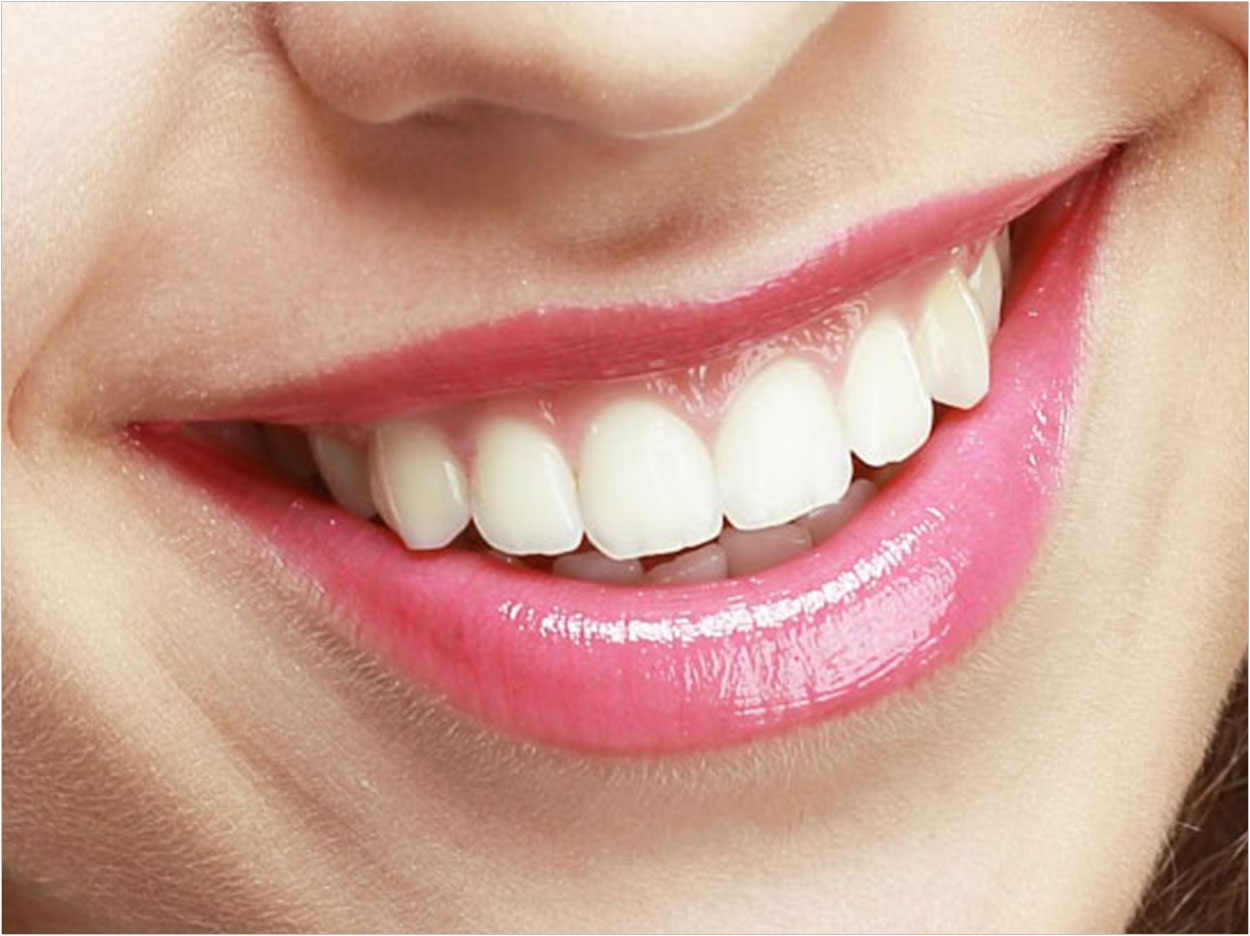
Chemists at N.I. Lobachevsky State University of Nizhny Novgorod in Russia have developed a one-stage technology for producing artificial nano-hydroxyapatite, which can be used in making dental implants and restoring tooth enamel. According to the researchers, its advantages include:
- Increased biocompatibility with human cells compared to existing materials;
- The possibility of chemical modification for controlling biological and mechanical properties;
- The possibility of creating various materials from nanopowders to ceramics with various porosity.
To produce such materials, the technique uses a unique method of spark plasma sintering. The chemists also are developing hydroxyapatite-based materials that combine antimicrobial properties and biocompatibility with human cells by chemically modifying the compound.
Other potential applications include bone implants in orthopedics and traumatology, biologically active food additives as a source of calcium in pharmaceuticals, fillers for smoothing wrinkles in aesthetic medicine, and coatings for medical devices and instruments.
Related Articles
Biocompatible Material Enables 3-D Printed Bone Implants
Dental Implant Coating Halts Peri-Implantitis
Hydroxyapatite Coating Improves Implant Performance












